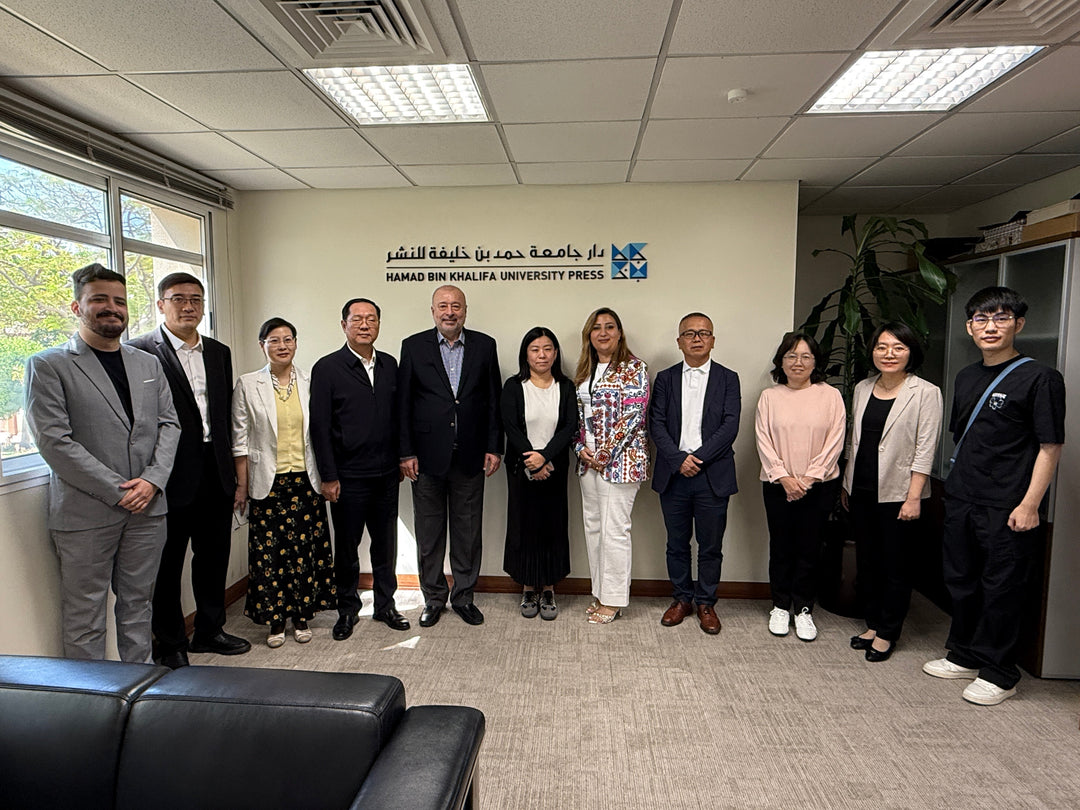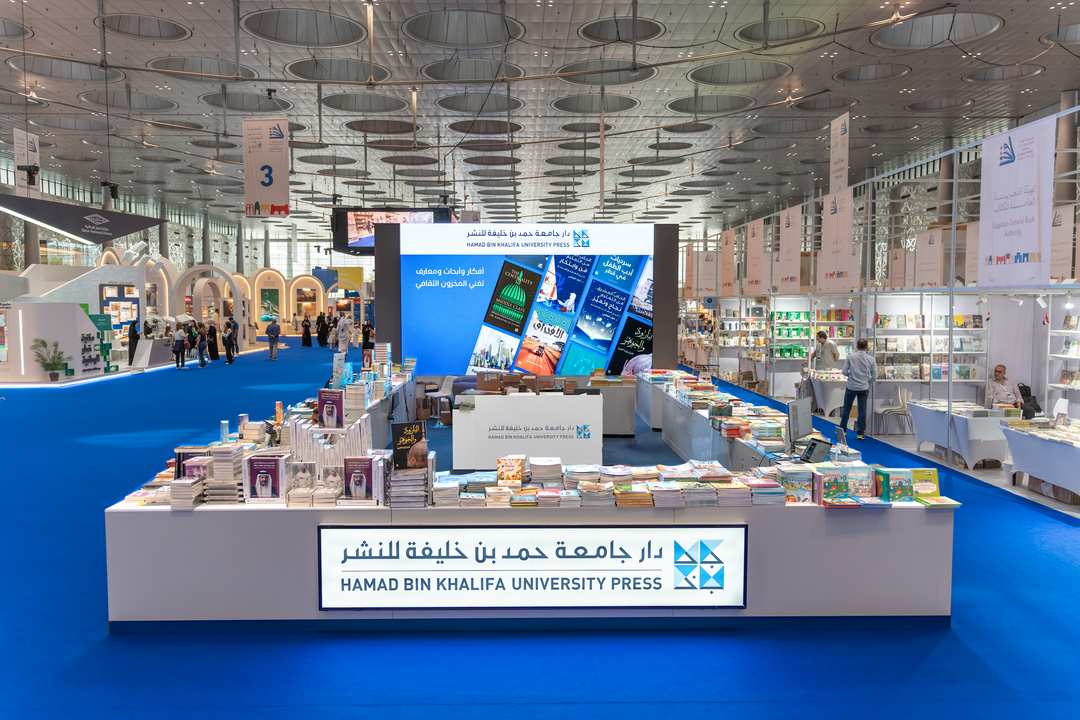HBKU Press Provides Ideas on How to Use Literacy to Promote Gratitude and Faith

During the holy month of Ramadan, Hamad Bin Khalifa University Press (HBKU Press) highlights how literacy can be used to promote gratitude, faith, and personal connections – a challenging feat as people in confinement at home due to COVID 19 are unable to participate in the communal faith-based activities normally practiced during the month
“For the majority of the population, this may be the first time in our lifetime that we cannot observe the traditions of the holy month as we normally do – together in prayer in mosques and with our extended families,” explains Amr Abdelmonem, Editor at HBKU Press. “But it doesn’t mean we can’t observe the holy month in different ways and explore ways to strengthen our faith despite the challenges presented at these times.
“Using reading and writing as a means to an end, we want people to see that there are many ways they can encourage their faith and enrich their experience this Ramadan.”
Read about Islam from various perspectives: If you are Muslim, the obvious choice for reading is the Holy Qur’an. In solitude and confinement, without the outside noise of life’s many distractions, find comfort and solace in reading from the holy book. This is the time when Muslims worldwide commit to a deeper understanding of their faith and to strengthening their knowledge of Islam.
For non-Muslims, we would like to suggest using this time to expand your knowledge about Islam as a faith or to read about the many different historical Muslim figures who have contributed to society over the centuries. From the fields of science, technology, medicine, sports and the arts, there are many inspiring books that highlight the innovations of Muslims from around the world.
Share your new knowledge: Keeping connections with family and friends is key in the time of social distancing. Share your newly acquired knowledge with other bibliophiles by creating a book club – over the internet/phone, of course! Keep in the theme for the holy month and see how many new facts and perspectives about Islam/Islamic figures you can discover with your friends. Be sure to explore the relevance of themes and individuals based on what they teach you about your faith. It can also be helpful to discuss scenarios where you might be able to apply what you learned in your readings to real life.
Keep a gratitude journal: During your fast, get into the habit of keeping a gratitude journal detailing everything that you are grateful for. Can’t think of anything with confinement weighing you down? Change negative thoughts into positive reflections. “I’m stuck at home alone,” becomes “I’m safe at home alone, and my friends are family are safer when they are not with me”. “I’m so bored,” can be changed into “I now have the time to prioritize what is important to me.” Turn “I’m hungry. Fasting at home is so difficult,” into “I’m lucky to have food with which to break my fast at Iftar time”. By writing them down, you can revisit them and potentially rewire your brain into seeing things positively the first time around. You could even turn this habit into a tool for helping others: look to publish your thoughts on a blog, on social media, or even submit them to be published in a book!
Transcribe oral histories: A wonderful way for anyone to feel connected to their family and their faith is to take a moment to speak to their elders. Grandparents, great aunts and uncles, or even older siblings can offer great new perspectives about their own realities in contrast to ours. Their experiences can teach us so many things: they can explore forgotten values and possibly give meaning to our own existence. Take the time to talk to someone from a different generation, while adhering to social distancing rules, and actually transcribe their story. You never know if it will inspire a great novel or children’s book, or simply become a wonderful book of recollections that you can pass down from one generation of your family to the next.
“HBKU Press has extended our global call for submissions for any literary and/or artistic works inspired by life in confinement until May 20 and we hope that this extension will allow for people observing Ramadan to submit their work that reflects the spirit of the holy month as well,” said Abdelmonem.






